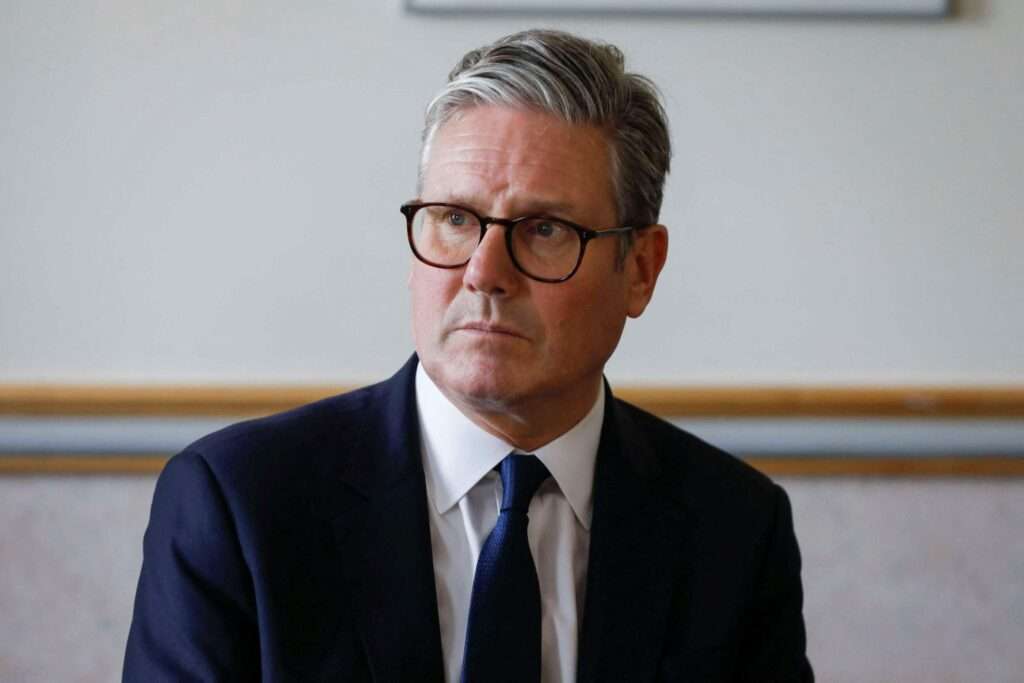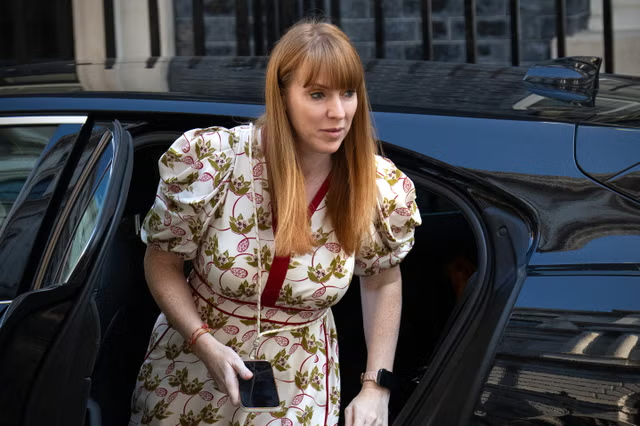Deputy Prime Minister Angela Rayner has defended the government’s proposed welfare cuts, arguing that working-class people seek job opportunities rather than financial “handouts.”
The reforms, set to save £5 billion, include stricter criteria for disability benefits and other changes to the welfare system. She highlighted that the package includes £1 billion to help people return to work.
“It’s a working-class thing that people do want to be able to provide for their families and themselves. They don’t want handouts, they want support—and that’s the important element of that welfare reform.”
Deputy Prime Minister Angela Rayner
Some Labour MPs and activists have condemned the measures, warning they could push vulnerable individuals deeper into poverty. Others on the left have called for increased taxation on the wealthiest to fund welfare support instead of implementing cuts.
The Deputy Prime Minister acknowledged that persuading Labour MPs to back the cuts has been difficult.
“Nobody says at the moment that the welfare system works. Some of the most vulnerable people are not getting the support they need, and others who want to work are not being given the support they need to get back into work.”
Deputy Prime Minister Angela Rayner
Rayner’s comments come ahead of Wednesday’s highly anticipated Spring Statement, where Chancellor Rachel Reeves is expected to outline further spending reductions. The government faces a challenging economic landscape, with sluggish growth and rising borrowing costs complicating its fiscal strategy. Reeves has made it clear that she will not increase taxes or expand government budgets, putting additional pressure on existing resources.
Prime Minister Sir Keir Starmer has also reinforced this stance, stating that his government aims to “take some money out of government” while maintaining previous spending commitments. Labour has ruled out borrowing for day-to-day expenses, and Reeves remains committed to reducing national debt as a percentage of economic output by 2029/30.

Deepest Cuts Since 2019
Economists predict that Reeves’ upcoming statement will include some of the most significant spending cuts since 2019. According to Ben Zaranko, associate director at the Institute for Fiscal Studies (IFS), Whitehall departments may face budget reductions of up to 7% over the next four years.
“The government will be hoping that the short-term cash injection provided last year, and efficiency improvements as public services continue to recover from the pandemic, will be enough to deliver service improvements even if money is tight.
“But we’re in a very different world to 2010, and, even though the pace of cuts would be substantially slower than in the peak austerity years, it would still represent the steepest cuts since 2019.”
Ben Zaranko
The anticipated reductions will be compounded by the welfare reforms, which will limit access to certain benefits. Critics argue that this approach prioritizes cost-cutting over social welfare, while supporters claim it promotes financial sustainability and self-sufficiency.
Beyond welfare cuts, speculation is mounting over potential tax changes that could indirectly increase government revenue. Economists suggest Reeves may extend the current freeze on income tax thresholds beyond the 2028/29 fiscal year.
Since 2021, the personal allowance has remained frozen at £12,570, with higher tax bands also locked in place. This policy results in what economists call “fiscal drag” — as wages rise with inflation, more workers are pushed into higher tax brackets, increasing their overall tax burden.
While maintaining the freeze would not technically breach Labour’s election pledge not to raise taxes, it would effectively result in higher income tax payments for many Britons.
The combination of welfare cuts, departmental spending reductions, and potential tax changes signals a shift toward tighter fiscal discipline under the Labour government. As the Spring Statement approaches, opposition voices are likely to grow louder, demanding alternative approaches to economic recovery.
READ ALSO: Richard Ahiagbah Questions Attorney General’s Priorities























